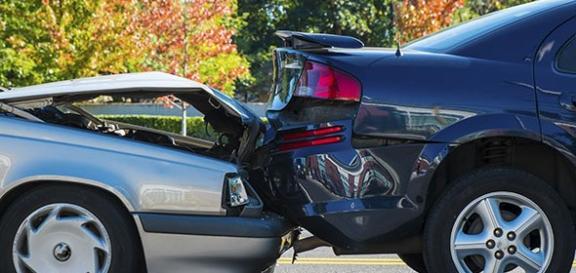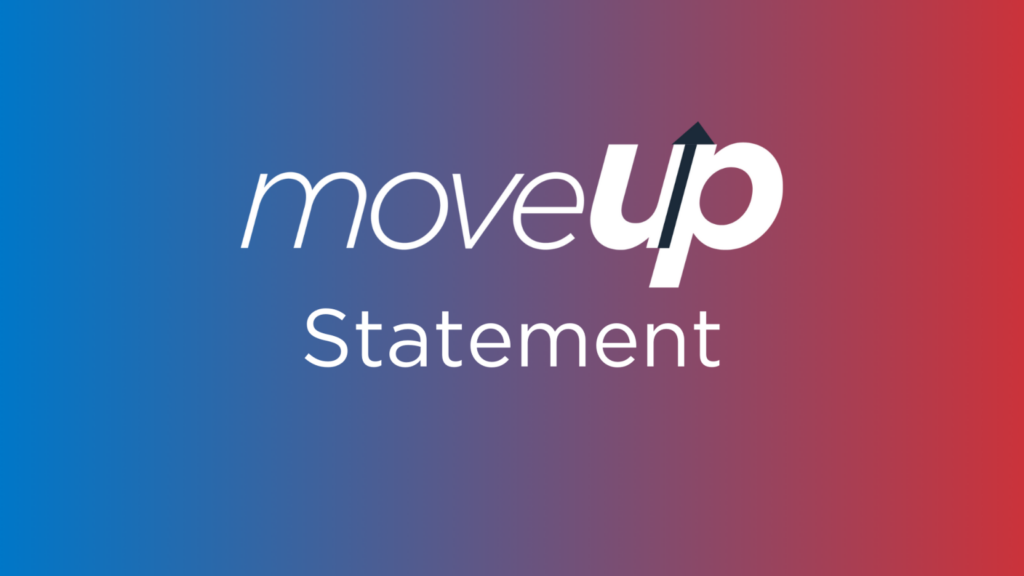MoveUP, the union representing ICBC employees, supports the B.C. government’s commitment to ensuring motorists driving in our communities and on our roads have appropriate and adequate insurance and commends their ongoing efforts to ensure the people across our province have access to reliable and affordable auto insurance rates.
On Friday, the B.C. government announced they have requested a 6.3 per cent increased to basic auto insurance rates. If approved, this would amount of an average increase of less than $60.
MoveUP President David Black has issued the following statement:
While $60 is not a significant amount, every dime counts during these difficult times. We cannot forget, however, that it was the previous BC Liberal government that created this crisis at ICBC and that has forced the current government to take on the arduous, yet necessary, task of returning ICBC back to financial stability because they know the importance and significance of having a strong, public auto insurance and what it means to improving affordability for British Columbians.
The reality of the situation is that the previous BC Liberal government siphoned over a billion dollars out of ICBC and then, after creating this enormous mess, hid the recommendations that their own studies showed that would have helped at least alleviate some of the issues that is plaguing ICBC today.
Quite frankly, the BC Liberals screwed up and stuck us all with the bill. At best, they were incompetent. At worst, they were deliberate because they ought to have been smart enough to know what their actions would lead to and they still went down that path and betrayed British Columbians.
To put all this in perspective, in Alberta where they do not have a public auto insurer, their provincial government capped the insurance rate increase at 5 per cent in 2018. This has led to many insurers withholding certain forms of coverage from drivers including non-mandatory collision and compensation insurance because they claim to be losing money. This has left many drivers in the province uninsured. These private insurers are now actively pushing the government to allow them to raise their rates even further.
In Ontario, where they also do not have a public auto insurer, the previous Liberal government promised in 2013 to reduce overall insurance rates by 15 per cent but their tactics only found limited success and their own government-commissioned study in 2017 indicated that Ontario had the highest auto insurance premiums in the country. They’re also dealing with issues such as ‘postal code discrimination’ and seeing companies refuse to sell in certain areas.
An entirely privatized system would put B.C. drivers at the mercy of insurance companies and essentially allow them to discriminate against certain British Columbians by denying coverage where they don’t see a sufficient profit margin. And if these companies decided it would not be worth their time to be in the market, they could simply pick up their ball and go home and this would lead to less options for British Columbians and even higher rates as a result with the decrease in competition.
British Columbians deserve to have a government and a public body that they can depend and rely on to be there, and that they can hold accountable. A public auto insurer is responsible to the public. A private auto insurance is responsible to their shareholders and their own bottom-line.
If we were to move to a fully privatized system, it will result in three things:
- Many people will have inadequate insurance because they will opt to purchase “cheaper” coverage that actually won’t provide sufficient coverage, or even provide them with the same coverage that they are currently getting from ICBC;
- The majority of drivers will actually see their insurance cost rise; and
- We will be on the hook to pay additionally for services that ICBC currently provides including licensing, road safety initiatives, and driver testing.
As the union that represents workers at ICBC, we see the work our members do, the commitment they have to the people of our province, and the value they bring to our communities.
We will watch diligently to see how the provincial government’s changes to ICBC’s accident benefits that take effect on April 1, 2019 will perform and impact ratepayers and we will provide our support our members and our communities in helping ICBC return back to a healthy state as quickly as possible so all British Columbians can enjoy the benefits and cost-efficiency of public auto insurance the way it is intended.



